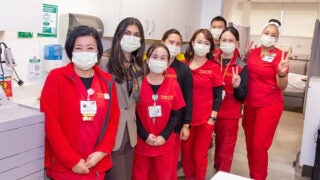
Carolyn C. Meltzer, Massoud Pedram, Remo Rohs and Richard M. Watanabe, from left, have been elected as fellows of the American Association for the Advancement of Science. (Photos/Courtesy of Carolyn Meltzer; Courtesy of Massoud Pedram; Jodye Alcon; and Courtesy of Richard Watanabe)
4 USC researchers named AAAS fellows
Carolyn C. Meltzer, Massoud Pedram, Remo Rohs and Richard M. Watanabe join more than 40 USC faculty as fellows of the prestigious American Association for the Advancement of Science.
The council of the American Association for the Advancement of Science has elected USC faculty members Carolyn C. Meltzer, Massoud Pedram, Remo Rohs and Richard M. Watanabe to the rank of AAAS fellow.
Selected by the council each year, AAAS members are elected through a judicious process. Recognizing “efforts on behalf of the advancement of science or its applications are scientifically or socially distinguished,” the honor is among the most prized in academia.
The honor recognizes excellence in research, technology, industry and government, teaching, and communicating and interpreting science to the public. The new cohort of USC fellows joins more than 40 of their USC peers already inducted into the AAAS.
The newly elected AAAS fellows will be honored at a ceremony in Washington, D.C., this summer.
Carolyn C. Meltzer
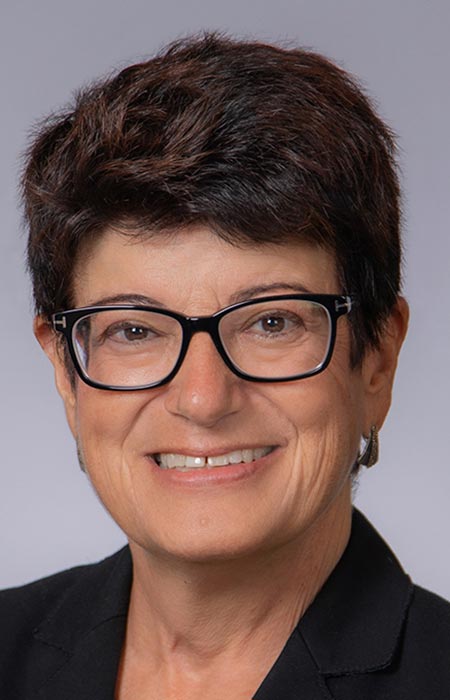
Meltzer is the dean of the Keck School of Medicine of USC and the May S. and John H. Hooval, M.D., Dean’s Chair Professor of Radiology. She was awarded the distinction of AAAS fellow for “distinguished contributions to the field of neuroradiology, exemplary leadership in the realm of academic medicine, and tireless advocacy in communicating the importance of scientific research to the government and public.”
Meltzer is an expert in neuroradiology and nuclear medicine whose research has improved the understanding of the brain’s structure and function during normal aging, dementia, Alzheimer’s disease and psychiatric disorders in later life.
Meltzer has received numerous awards and honors for her work, including the Distinguished Service Award from the American Medical Association, the Gold Medal Award from the Association of University Radiologists and the Outstanding Contributions in Research Award and Gold Medal Award from the American Society of Neuroradiology. She is also a fellow of the American College of Radiology and the American College of Neuropsychopharmacology and a past president of the Academy for Radiology and Biomedical Imaging Research.
At Emory University, where Meltzer headed the Department of Radiology and Imaging Sciences prior to being named dean of the Keck School of Medicine, she launched a training program to give midcareer health professionals the tools they need to advance in their field, notably women and people from underrepresented backgrounds. When she discovered pay inequities in the radiology department, she established new salary guidelines that eliminated the pay gap between men and women.
“I am deeply honored to join the ranks of investigators recognized by the AAAS, and particularly delighted to receive this distinction alongside my distinguished [Keck School of Medicine] colleague, Dr. Watanabe,” Meltzer said.
Read more on the Keck School of Medicine website >>
Massoud Pedram
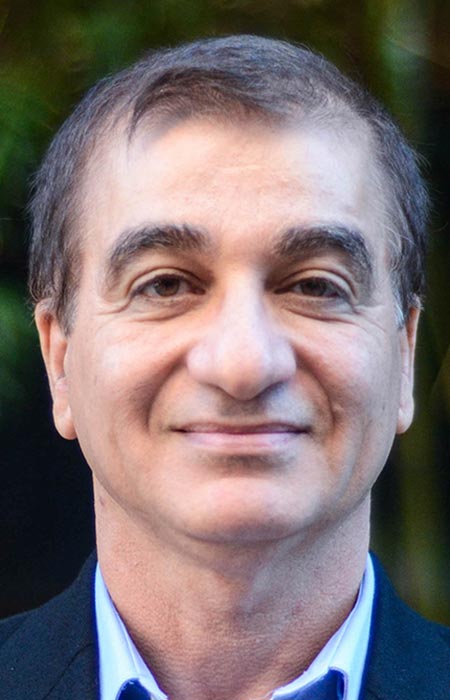
Pedram is the Charles Lee Powell Chair in Electrical and Computer Engineering and Computer Science and professor in the Ming Hsieh Department of Electrical and Computer Engineering at the USC Viterbi School of Engineering. He was awarded the distinction of AAAS fellow “for leadership in low-power design of VLSI [very large scale integration] circuits and contributions to energy-efficient computing resulting in sustainable computing infrastructure.”
Pedram is a pioneer in advancing the theory and practice of energy-efficient computing and introducing methodologies and design automation algorithms for reducing power dissipation in electronic circuits and systems. His research interests include the computer-aided design of VLSI circuits and systems, low-power electronics, energy storage systems, machine learning, quantum computing and superconductor electronics.
“It’s an honor and a privilege to be in the company of all the past and present fellows of the AAAS, a multidisciplinary organization whose mission is to advance science, engineering and innovation throughout the world for the benefit of all,” Pedram said.
He is currently the principal investigator for a multi-university DISCoVER Expedition team focused on green computing and superconductor electronics, supported by the U.S. National Science Foundation’s Expeditions in Computing Award. He leads a multidisciplinary team of USC researchers, along with a consortium of partner universities, working toward developing complete hardware and software solutions that enable the design, optimization and demonstration of novel superconducting devices and superconductive systems with very high performance and ultra-high energy efficiency.
An IEEE fellow, Pedram received the 2015 IEEE Circuits and Systems Society Charles A. Desoer Technical Achievement Award for his contributions to modeling and design of low-power VLSI circuits and systems and energy-efficient computing, and the 2017 USC Viterbi School of Engineering Senior Research Award. He holds 10 patents and is the author of four books and more than 800 archival and conference papers. At the 50th anniversary of the Design Automation Conference held in 2013, Pedram was recognized with the Third Most Cited Author Award.
Remo Rohs
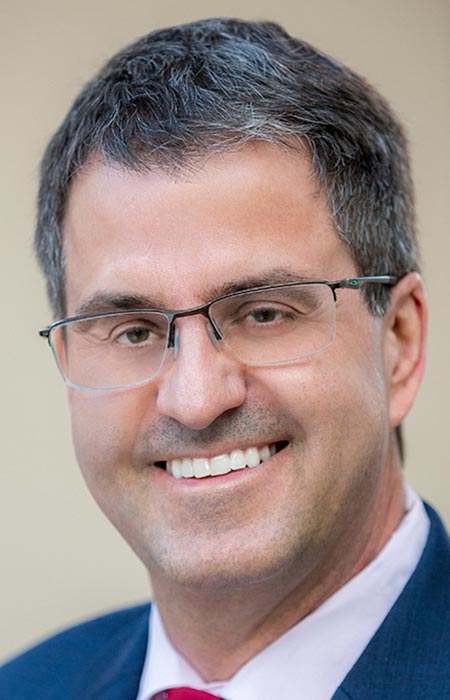
Rohs is professor of quantitative and computational biology, chemistry, physics and astronomy and computer science at the USC Dornsife College of Letters, Arts and Sciences. He was named an AAAS fellow for “integrating structural biology and genomics with high-throughput methods to predict the three-dimensional structure of DNA, which allowed the prediction of transcription factor-DNA binding and revealed mechanisms of protein-DNA recognition.”
Rohs uses computational and experimental approaches, including artificial intelligence, to understand mechanisms of gene regulation. Such mechanisms describe how proteins that regulate genes, called transcription factors, detect and interact with specific regions of the genome.
“My lab deciphers gene regulatory mechanisms through AI, machine learning and biophysics to understand development, aging and disease, and to develop drugs,” he said.
Widely recognized in his field of study both as a researcher and a mentor, Rohs received an American Chemical Society OpenEye Outstanding Junior Faculty Award in Computational Chemistry in 2016 and a USC Mentoring Award in the “Mentoring of Graduate Students” category in 2015. He earned an Alfred P. Sloan Research Fellowship in 2013, and since 2012 he has garnered nine RECOMB/ISCB Top-10 Paper Awards and a NAR Breakthrough Article honor for research papers published in high-impact journals such as Cell, the Proceedings of the National Academy of Sciences and Nucleic Acids Research.
A member of the American Chemical Society and International Society for Computational Biology since 2012, he has been a member of the AAAS since 2013.
“I was very honored to be recognized as a fellow because my most distinguished colleagues are AAAS fellows,” Rohs said. “Joining them was touching to me, and my initial thought was also that this is an honor for all current and past members of my lab who have earned this recognition.”
Read more on the USC Dornsife website >>
Richard M. Watanabe
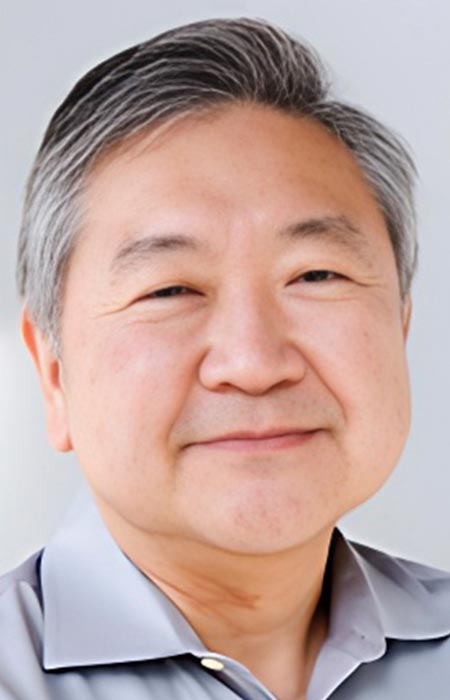
Watanabe is professor of population and public health sciences at the Keck School of Medicine and is the associate dean for health and population science programs. He was named a 2022 AAAS fellow for his “distinguished contributions to the identification and interpretation of genetic variation underlying Type 2 diabetes-related traits, administration and training in statistical genetics.”
Watanabe’s research focuses on the abnormal physiological processes and genetics of Type 2 diabetes and obesity. Over the course of his career, Watanabe has developed mathematical models to quantify insulin secretion in living organisms. In the area of complex disease genetics, he also employs novel strategies to identify genetic alterations that make people more susceptible to developing Type 2 diabetes and diabetes-related traits and understanding the genes and gene expression and how they are affected by environmental exposures.
Watanabe has worked to improve student diversity at the Keck School of Medicine through his co-leadership of the NIH/NIDDK-funded Summer Program in Diabetes and Obesity Research (SPIDOR) and participation in the USC Bridging the Gaps summer program and the NIH/NHLBI-funded LA’s Biostatistical Education Summer Training program.
“It is an honor to be recognized by the AAAS and to join the ranks of those who were previously named fellows. The accomplishments for which I am being recognized would not have been possible without the support of my mentors, research team and numerous colleagues. This honor is equally theirs as it is mine,” Watanabe said.

